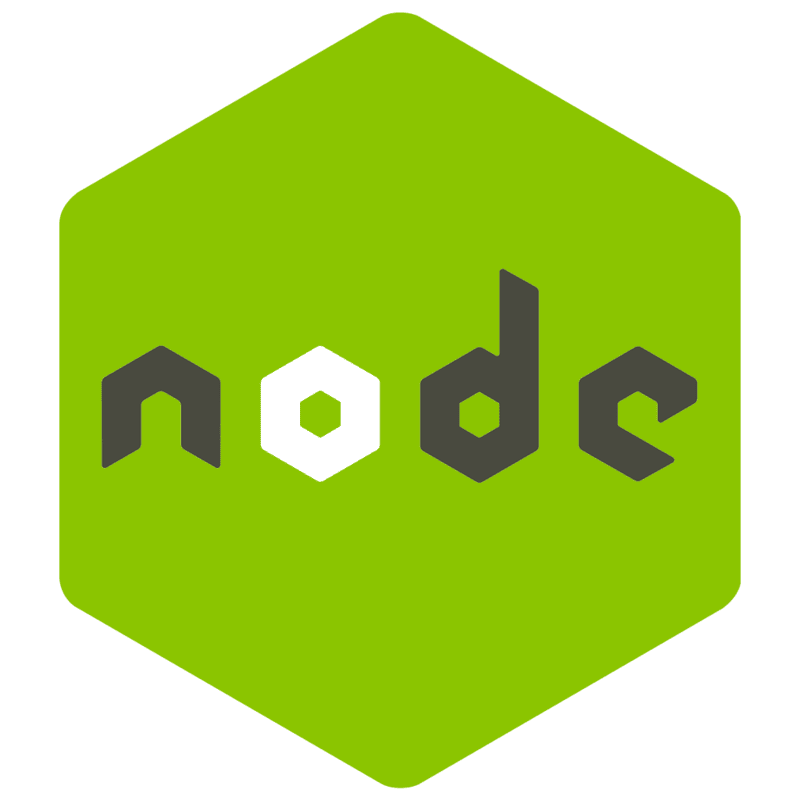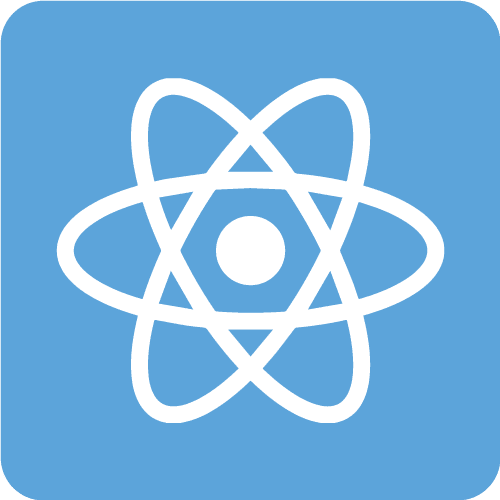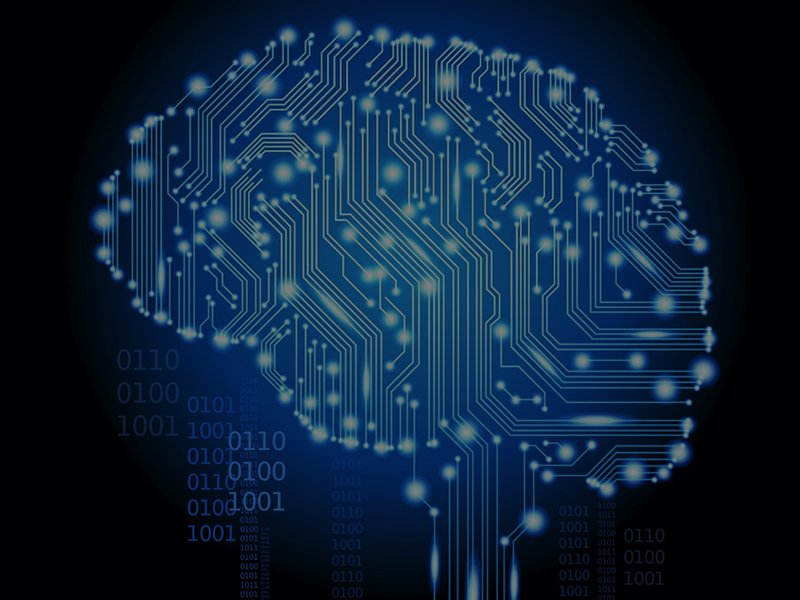When it comes to technological advancements, it seems that everything is getting smarter. From our phones to our homes, devices are constantly becoming more intuitive and efficient. So, it’s no surprise that artificial intelligence (AI) is becoming more prevalent in society as well. But what does this mean for the future? Is AI really the next big thing?
There are many different opinions on the matter. Some people believe that AI is the future of everything, while others are more hesitant about its capabilities. But there is no denying that AI is becoming more and more commonplace in our lives. In fact, it’s estimated that by 2030, AI will have created nearly 120 million jobs worldwide.
So, what exactly is AI? Put simply, AI is the process of making a machine behave like a human.. This is where a machine is fed a huge amount of data and then left to learn from it.
A recent study by McKinsey Global Institute found that by 2030, as many as 375 million workers worldwide—or about 14 percent of the global workforce—could be displaced by automation, with robotics and artificial intelligence (AI) playing a major role.
The study estimates that about half of all work activities could be automated using currently demonstrated technologies. However, the labor market effects of automation technologies are likely to vary widely across sectors, occupations, and regions. The study found that as many as 73 million workers in the United States—or about one-third of the American workforce—could potentially be displaced by automation.
So, is AI the new future?
Robots and AI are already starting to take over some jobs. In 2017, the City of Seattle introduced “autonomous sidewalk sweepers” that use sensors and GPS to avoid obstacles and stick to their cleaning routes. These robot janitors are just one example of how machines are increasingly taking on manual labor tasks.
Machines can now also do cognitive tasks that have traditionally been done by human beings. IBM’s Watson is being used by doctors to diagnose cancer and by banks to detect fraud. Google’s DeepMind is being used by the NHS to spot early signs of blindness.
So it seems that AI is well on its way to taking over many jobs that have traditionally been done by human beings. But does this mean that AI is the new future?
There are some who believe that AI will result in mass unemployment. They argue that as machines take over more and more jobs, there will be fewer and fewer jobs for human beings to do. This could lead to mass unemployment and social
Artificial intelligence (AI) is one of the most transformative technologies of our time. With major advances in machine learning and artificial intelligence in the past few years, there is no doubt that AI will change the world as we know it. Here are five ways that AI will change the world in the next ten years:
1. AI will change the way we work
AI will have a major impact on the workforce. A recent study by McKinsey Global Institute found that by 2030, AI could displace up to 30% of the world’s workforce. With the advent of AI-powered automation, many jobs that have been done by humans will now be done by machines. This is likely to lead to a net loss of jobs in the short-term, as companies adopt AI to cut costs. In the long term, however, AI is expected to create new job opportunities as businesses find new ways to use the technology.
AI will impact the workforce in a number of ways. First, AI will automate many tasks that are currently done by human workers. This will result in increased efficiency and productivity in the workplace. In addition, AI will also enable businesses to personalize their services and products for their customers. For example, a retail company may use AI to recommend products to customers based on their personal preferences.
2. AI will change the way we communicate with technology
AI is changing the way we communicate with technology. As AI gets better at understanding and responding to human needs, we will see more and more AI-powered devices and applications in our everyday lives. This will change the way we interact with technology, making it more natural and intuitive.
AI will also change the way we communicate with each other. For example, there are already AI-powered chatbots that can hold natural conversations with humans. In the future, AI-powered communication tools will become even more advanced, allowing us to communicate with each other in more natural and effective ways.
3. AI will change the way we live
Everything from the food we eat to the way we travel will be affected by AI. For example, AI-powered robots are already being used in some factories to assemble products. In the future, AI-powered robots could be used to perform other tasks such as cleaning, cooking, and delivering groceries.
With the rapid development of technology, artificial intelligence (AI) has become one of the most popular topics in recent years. There is no question that AI is the future. In this article, we will discuss five ways in which AI will change the world in the next ten years.
AI will also change the way we live. For instance, smart home assistants such as Amazon Echo and Google Home can already perform a variety of tasks such as setting alarms, playing music, and controlling your smart home devices. In the future, AI will become even more integrated into our lives, making everyday tasks easier and more convenient.
4. AI will change the way we learn
AI will also change the way we learn. For example, AI-powered tutoring systems can already provide personalized learning experiences for students. In the future, AI will become even more ubiquitous
As a wise person said every thing got two so does AI. Let’s take a look over some of the advantages and disadvantages –
Pros and Cons of AI
The use of artificial intelligence (AI) is becoming increasingly widespread, with many businesses now using AI technologies to improve efficiency and productivity. However, there are also some risks associated with the use of AI, and it is important to weigh up the pros and cons of AI before implementing it in your business.
Some of the potential advantages of AI include:
– improved efficiency and productivity
– increased accuracy and precision
– the ability to make decisions without human bias
However, there are also some disadvantages to using AI, such as:
– the potential for job losses as AI technologies automate tasks that have traditionally been done by humans
– the possibility of AI technologies becoming uncontrollable and self-aware
– the potential for AI technologies to be used for nefarious purposes, such as creating autonomous weapons.
Final Thoughts
There are plenty of reasons to be optimistic about the role of AI in the years to come. However, it’s important to also acknowledge the potential risks and challenges associated with this largely untested technology. In this article, we explored both the potential upsides and downsides of AI in order to get a better sense of its impact on the future.
What do you think?
















